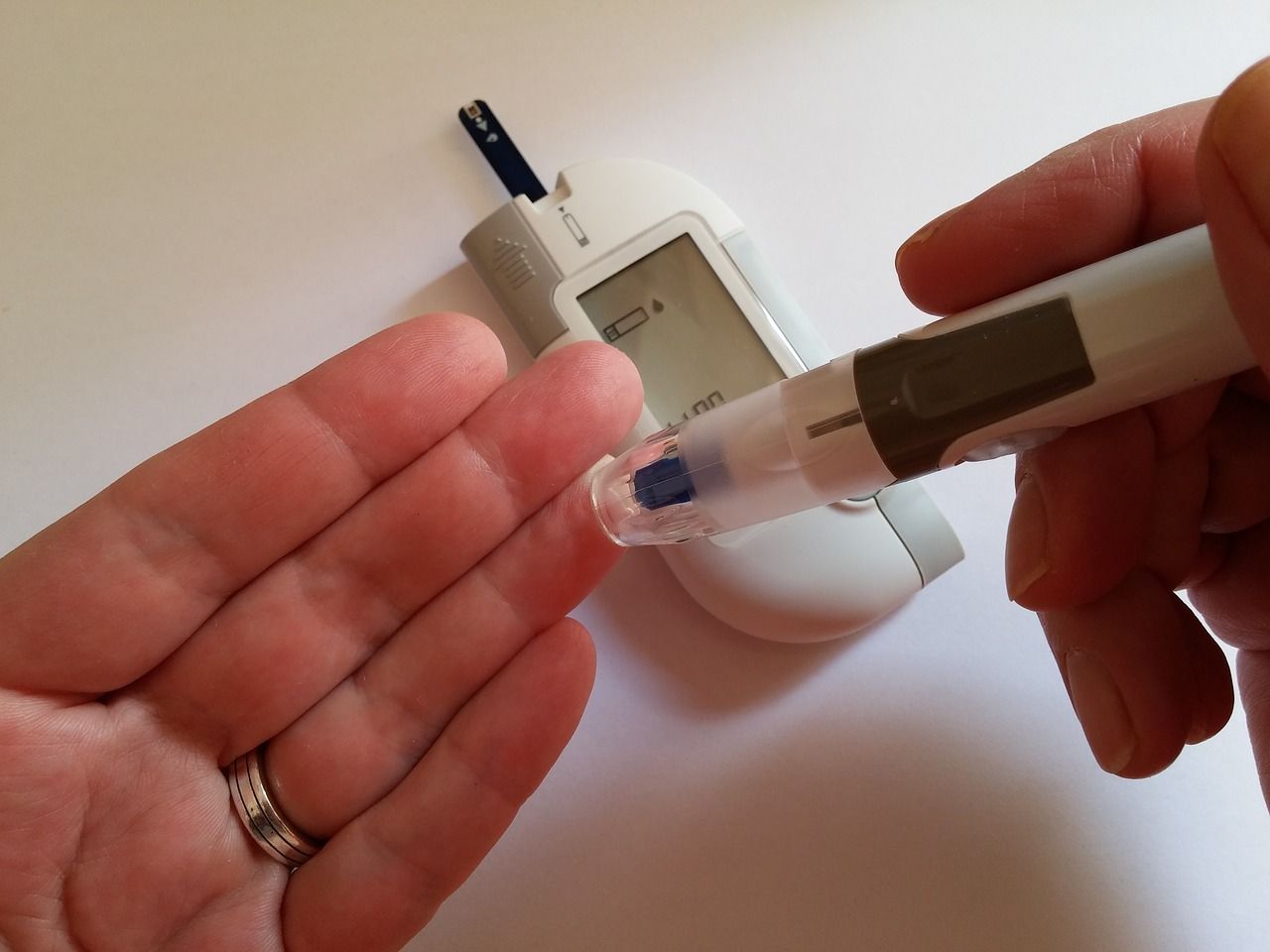When you feel stressed, it's kind of hard to focus on anything else. You've got too much going on and too little time to accomplish it all, but then, as if that wasn't enough, you end up getting some kind of weird pain.
As it turns out, these chronic pains are often caused by the stress in your life. Whether it's a psychosomatic response to your body feeling overwhelmed, or an actual physical reaction, stress is really hard on your body.
Here is how your body is expressing stress in physical ways.
Muscle Pain
Surprise, all those times you woke up sore weren't because you slept funny, you might actually just be stressed. Well, maybe it's not a surprise to you, but a lot of people don't realize just how much power our stress has over us.
The problem is that the pain often disguises itself as though it was caused by things you are doing. Often it starts after standing for a long period of time, or after some kind of activity, so we don't connect it to our stress levels.
But stress is known for causing pain in the back, in your jaw, and can even trigger headaches because of all the tension.
So why does it hurt so much? Well, according to the American Institute of Stress, when your body is in a constant state of tension, it actually manages to work its way into your muscles.
Your muscles tense up much more than they would normally, even when you don't feel like you are doing anything, and this causes the pains to present themselves at inopportune times.
Breathing Issues
You may not even realize how your breathing has changed since you became more stressed, but you are likely breathing much faster than you normally would.
This rapid breathing reduces the amount of deep breaths you can get, and can actually trigger panic attacks in some people.
Heart Problems
Increasing your heart rate from time to time is good, it means you're getting enough physical activity and keeping fit. But if you're putting a significant amount of pressure on your heart at all times, your heart won't be able to take it.
Repeated and prolonged stress can actually lead to the inflammation of the coronary arteries and that can actually trigger a heart attack.
Unbalanced Blood Sugar
Putting yourself in constantly stressful situations forces your adrenal glands to kick into overdrive to help you make your way through. But by causing a flood of these adrenaline hormones, your liver starts to have a harder time.
You liver tries to keep up with the stress hormones by releasing more glucose, normally necessary to give energy for the "fight or flight" response associated with stress, but over time it just all becomes too much and your blood sugar levels start to increase.
Stomach Problems
Stress affects your digestive system in a few different ways. First of all, it can cause an excess of stomach acid to be produced, which leads to heartburn or even ulcers.
It may also cause a frequent feeling of nausea that can lead to vomiting if your stress is bad enough.
And finally, when it comes to your waste, stress can change the way your body is actually absorbing nutrients and moves through your body. This can lead to your body to react in one of two ways, both equally unpleasant, either having frequent diarrhea or constipation.
Obviously, either of these options is not ideal, so trying to find healthy way to manage your stress becomes important.
Source - The American Institute of Stress / Web MD / Anxiety and Depression Association of America / Psychology Today






